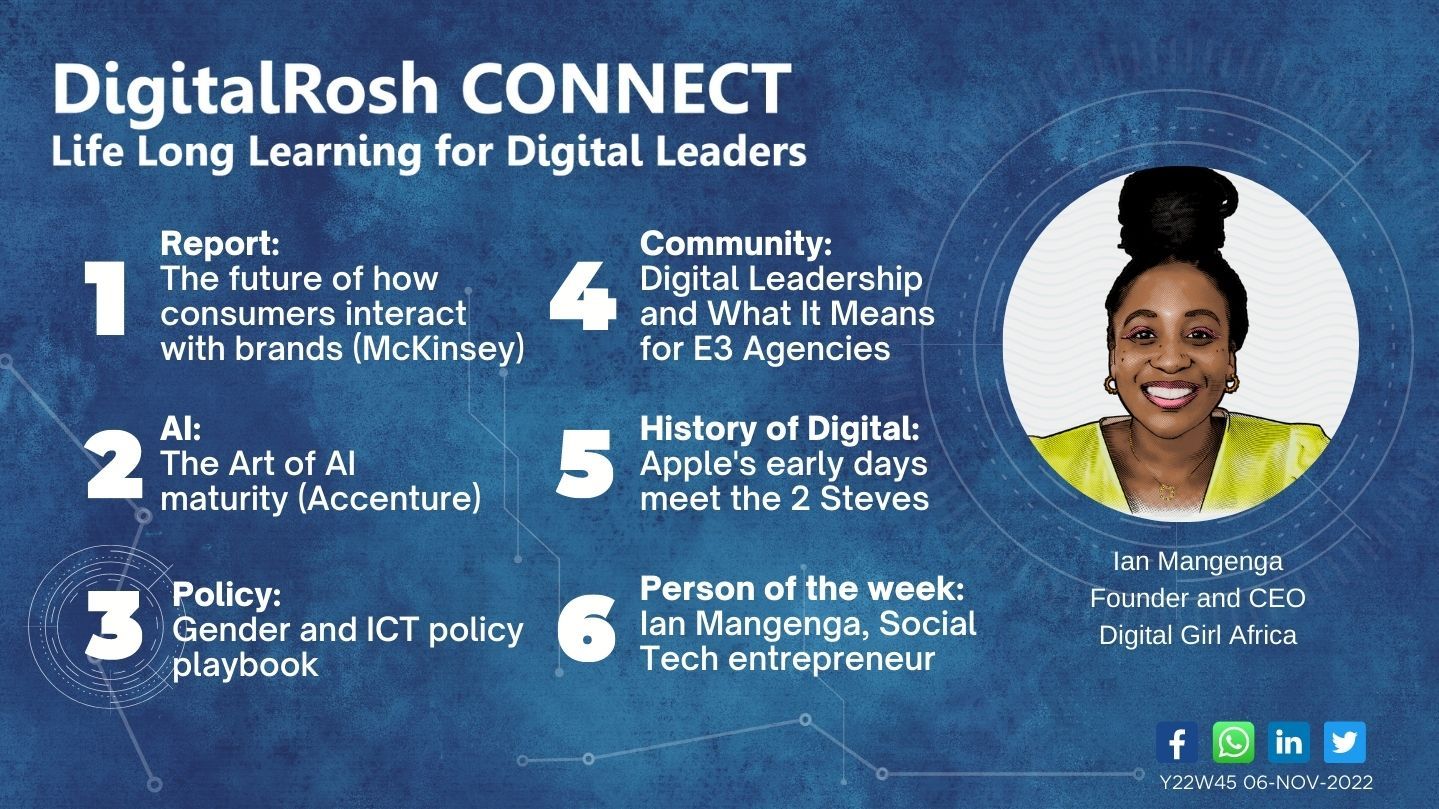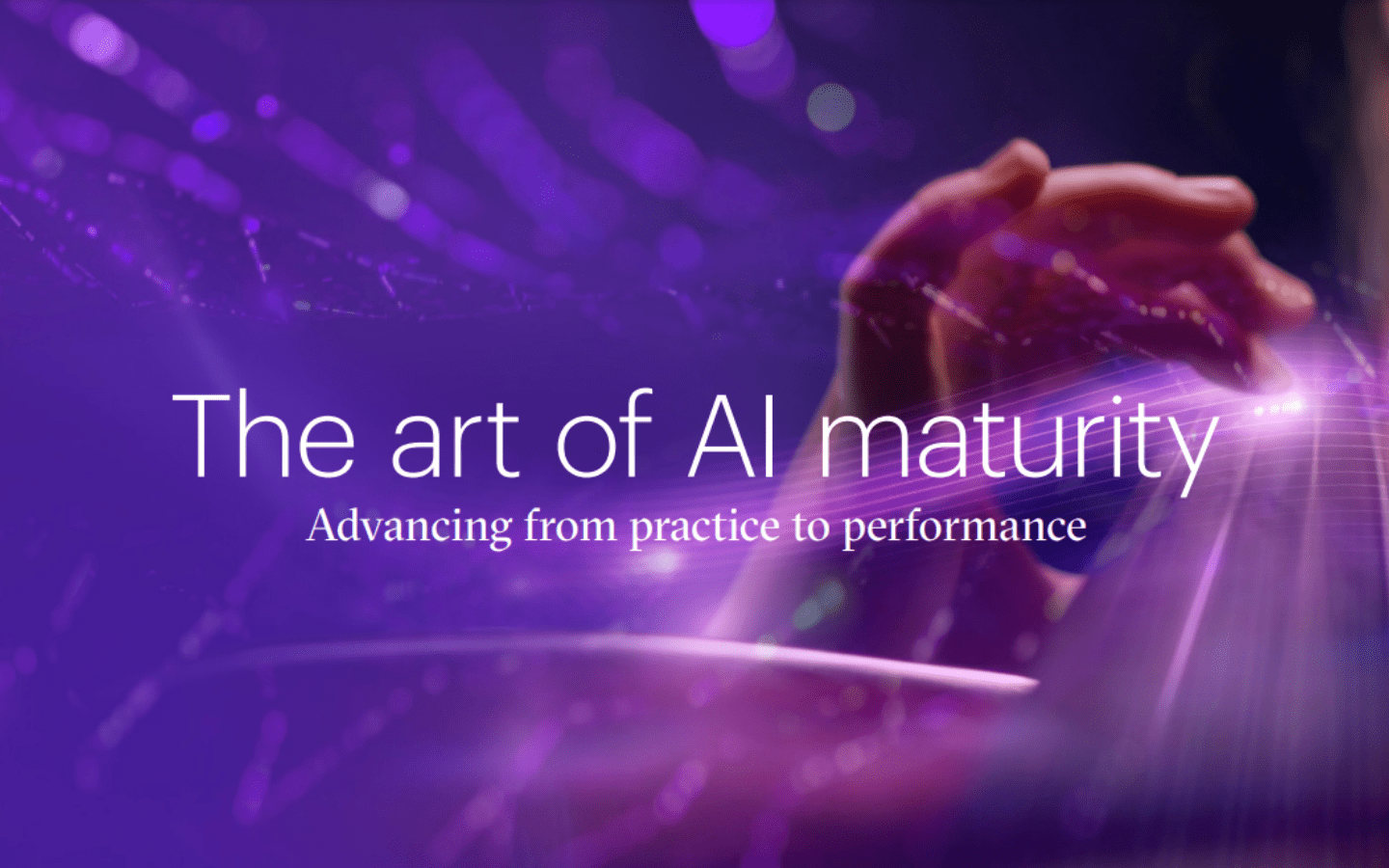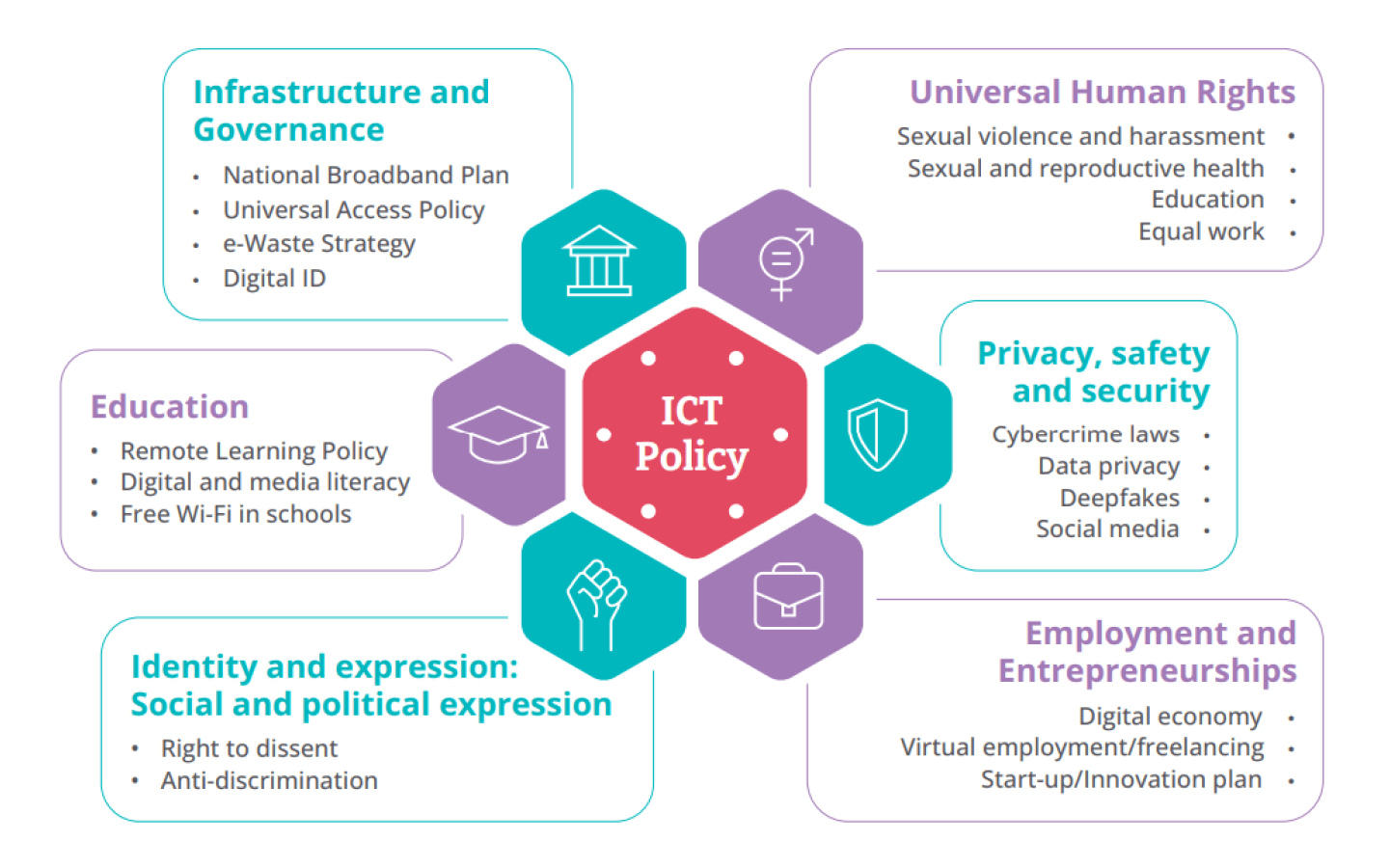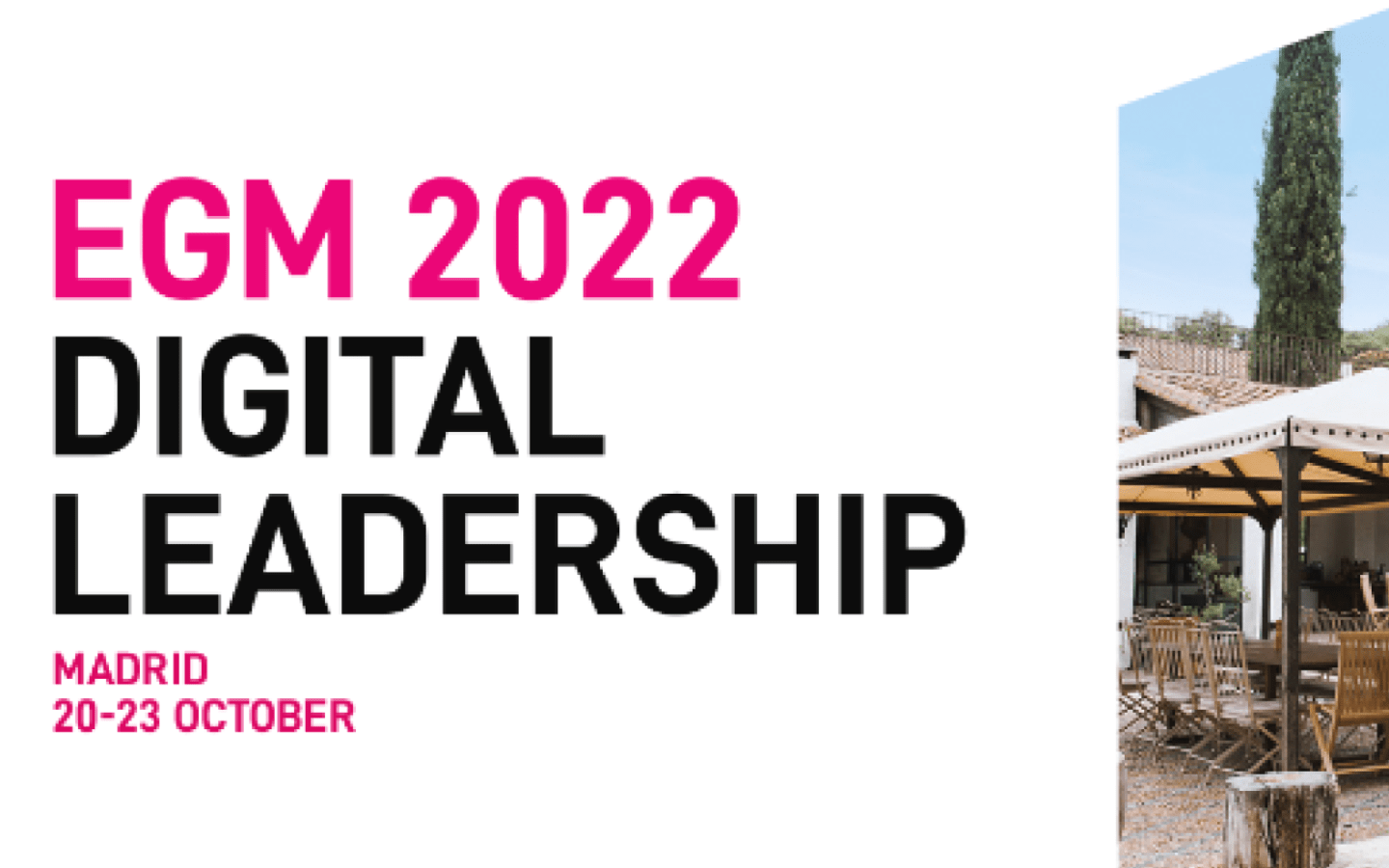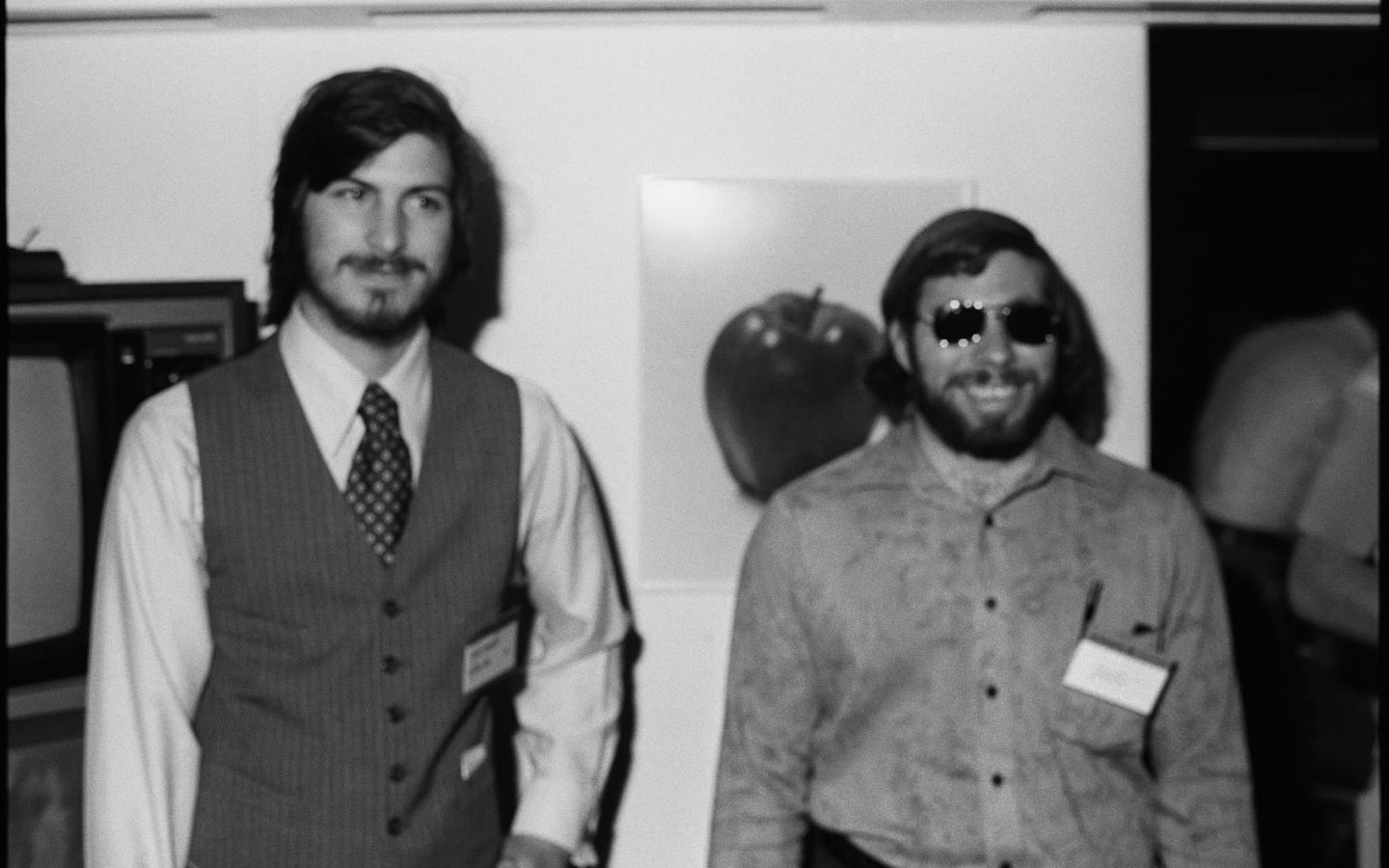This week on the frontiers of Digital Leadership:
1. Report: The Future of How Consumers Interact with Brands (McKinsey)
2. AI: The Art of AI maturity (Accenture)
3. Policy: Gender and ICT Policy Playbook (Web Foundation)
4. Community: E3 International Network (DigitalRosh)
5. History: Apple’s early days – let’s meet the 2 Steves (CNBC)
6. Person of the week: Ian Mangenga (Digital Girl Africa)
Wishing you enlighting learning,
Prof. Yesha Sivan, Founder, and CEO
& DigitalRosh team
(1) DigitalRosh > Corpus > Digital Culture > Future of Digital
Report: The Future of How Consumers Interact with Brands (McKinsey)
Shopping IL (9..10-Nov), Singles’ Day (11-Nov), Black Friday (25-Nov), Cyber Monday (28-Nov) – November is the month of online shopping & social commerce, i.e., browsing and shopping directly from social media. McKinsey report reviews this phenomenon.
Browsing and shopping directly on social media platforms is a core feature of e-commerce in China. Now, this dynamic new way of buying is poised for rapid growth in the United States.
Welcome to the dynamic world of social commerce, where consumers explore products and complete transactions through social media and content creation platforms, all in an app. This emerging form of shopping removes friction from the buying process, creates a more engaging journey for the consumer, and presents new opportunities for brands to generate consumer interest.
Over the past few years, US social and creator platforms have rolled out a bunch of social commerce capabilities: Pinterest, Instagram live shopping, TikTok Shopping, YouTube Shopping, Twitter shops, and more.
This article by McKinsey & Company breaks this up-and-coming phenomenon in China and also the US.
(2) DigitalRosh > Corpus > Technologies > AI
AI: The Art of AI Maturity (Accenture)
This journey to AI maturity has been in high gear for years. AI achievers already enjoyed 50% greater revenue growth on average, compared with their peers. This analysis by Accenture shows that achievers are not defined by the sophistication of any one capability, but by their ability to combine strengths across strategy, processes, and people.
Advancing AI maturity is no longer a choice. It’s an opportunity facing every industry, every organization, and every leader.
Computer scientist John McCarthy coined the term “artificial intelligence” in 1955, proposing that “every aspect of learning […] can in principle be so precisely described that a machine can be made to simulate it.”
Indeed the use of AI is growing and almost every company has AI on its agenda. However, despite these ever-expanding use cases, most organizations are barely scratching the surface when it comes to making the most of AI’s full potential and their own investments.
This journey to AI maturity has been in high gear for years. Pre-pandemic (2019), AI achievers already enjoyed an average of 50% greater revenue growth than their peers.
Achievers are not defined by the sophistication of one capability, but by their ability to combine strengths across strategy, processes, and people. Here are five ways AI achievers master their craft:
- Their top leaders champion AI as a strategic priority for the entire organization.
- They invest heavily in talents to get more from their AI investments.
- They industrialize AI tools and teams to create a strong AI core.
- They design AI responsibly from the start.
- They prioritize long- and short-term AI investments.
Accenture analysis suggests that the share of AI achievers will increase rapidly and significantly, more than doubling from the current 12% to 27% by 2024.
In short, advancing AI maturity is no longer a choice. It’s an opportunity facing every industry, every organization, and every leader.
This analysis by Accenture reviews how AI technologies become more prevalent, how to master AI performance, and how businesses can use AI in order to differentiate from other competitors
(3) DigitalRosh > Corpus > Industry > Social Policy Policy: Gender and ICT Policy Playbook (Web Foundation)
“Digital technologies cannot be understood as autonomous, genderneutral tools but rather as part of a wider, sociopolitical context that shapes their design, purpose, and use” — The Digital Revolution: Implications for Gender Equality and Women’s Rights After Beijing, 2020
The Gender and ICT (Information and Communication Technology) policy provides fundamental principles and approaches in advocating for and integrating gender into the policy development process, as well as actionable steps towards gender-responsive policy-making.
The internet mirrors the good and the bad in our societies. Unfortunately, this means that it also mirrors and magnifies existing social-cultural, and economic inequalities, including gender inequality.
The internet has provided opportunities for women and gender-diverse groups to disrupt discriminatory social norms, access information, freely express their views and opinions, access jobs and other economic opportunities, develop relevant content for themselves, and participate in public engagement and debates. At the same time, so many women and gender-diverse people have been left behind, especially in middle-and low-income countries.
The Gender and ICT (Information and Communication Technology) policy provides fundamental principles and approaches in advocating for and integrating gender into the policy development process. It is also an actionable step towards gender-responsive policy-making.
The Web Foundation and Women’s Rights Online Network created the playbook. The organization mostly centers on the experience of women and girls. The goal of the Playbook is to provide guidelines for passing and implementing policies. It is meant to be a useful starting and reference guide. There is more work to be done to be more gender-inclusive, so the publication of this Playbook is just the beginning.
Who is it for?
The Playbook is designed for governmental and private sectors alike. Executives, policymakers, authorities, civil society organizations, activists, and researchers who are engaged and interested in working to close the gender digital divide and are interested in integrating gender into their policy advocacy and development processes.
What does ICT Policy mean in this context?
The playbook uses the term Information and Communication Technology (ICT) Policy to encompass a wide range of actions and interventions taken up by the government and other stakeholders, such as the private sector, that impact the access and use of ICT.
ICT policy intervention varies across countries, regions, and local contexts. In general, these policies may be developed at different levels, such as broadband policy, e-Government policy, or legislation concerning cybersecurity and data protection. Sometimes ICT policies may be integrated and intersect with other public policies, such as policies on education and health, amongst others. It is imperative to understand how public policymaking is determined in your region, country, or context.
The Playbook is designed in an easy step-by-step format. It is clear that, based on local context and expertise, not everyone will need to start at the beginning of their journey toward gender-responsive policy development.
(4) DigitalRosh > Corpus > Technologies > AI
Community: Digital Leadership and What It Means for E3 Agencies
E3 International Network (E3) is an international network of independent brand strategy and communication agencies that serves mainly digital immigrants in a variety of industries over the world. On October 22nd, 35 E3 Agency Network owners attended a full-day workshop, learning to harness digital power. The participants joined the DigitalRosh community and will continue the digital journey with us.
The cultural knowledge and vast range of skills at E3 give its members efficient access to the right talent for international challenges. This enables E3 clients to meet their brand and sales growth objectives for each of their geographical markets in a simplified, effective and unified way. Local and global, just the way our clients want and need it, helping to accelerate their time-to-market considerably.
On 22-OCT-2022, The E3 International Network 2022 conference in Madrid, hosted Prof. Sivan for a full day of workshops, lectures, and discussions on digital leadership.
Thanks to our DigitalRosh member Ms. Orit Oz, founder and CEO of OZ Global B2B, who made the connection with E3 – an international network of independent agencies dealing with marketing, brand strategy, and communication.
OZ Global B2B shared photos and insights from the event: “After a day of internal knowledge sharing we had an intensive and inspiring day with Prof. Yesha Sivan about digital leadership, giving us all great value and endless thoughts regarding the value we can all bring to our customers..”
Mr. Michael Meier, President of E3, added: “We just did “Digital Leadership – Harnessing the Digital Power “ with 35 E3 Agency Network owners and management from all over the world. It has given us a highly structured joint basis for company and business development… and it was great fun, too!”
(5) DigitalRosh > Corpus > Digital Culture > History of Digital
History of Digital: Apple’s Early Days – Let’s Meet the 2 Steves
In a 2011 CNBC interview, Steve Wozniak reminisced about his early relationship with Steve Jobs. The first Apple computers, and the company’s bold Super Bowl ad in 1984, the year the revolutionary Macintosh computer was released.
He talks about how he met Steve Jobs, how different was the first computer they made – the Apple 1, and the big achievement they brought to the world with the introduction of the Apple 2.
(6) DigitalRosh > Corpus > Industries > Social
The Person of the Week: Ian Mangenga, Digital Girl Africa
Ian Mangenga is the founder and CEO of Digital Girl Africa, a women-focused digital hub that uses critical digital skills training to bridge the gap between women in Africa and technology. She is a social tech entrepreneur and activist working in Capetown, South Africa.
Ian Mangenga wrote about her work:
“My work is both technical and social. On the technical end of things, it involves coming up with programs that can help drive our mission of having an inclusive digital economy. On the social side of things, my day-to-day work involves looking at online trends and trying to incorporate these into the work we do so that we can be more relatable to our community.
Initially, my goal was to contribute to work that will eliminate the digital gender gap in Africa. However, the past three years have revealed that the digital gender gap is a multi-faceted issue.
On the one hand, it is technical. This is where most of my limitations are. Things like lack of infrastructure, high cost of data, and mobile devices are beyond my scope of work, and often these are the first that come to mind when we think about the digital gender gap. But there are also social limitations. The historic exclusion of women in various fields has resulted in limited-to-no digital literacy among women. This takes me to my latest discovery, the cultural issues.
I have seen the impact our work is having. Women would come to the workshops and boot camps with no knowledge of how to use particular platforms, and leave having both the skillset and a new understanding of how they can use the web to empower themselves. One story of success is the Black Womxn Caucus organization, based in Johannesburg. What I hope every woman leaves with, after attending any of these, is a broader understanding of how they can exploit the opportunities that come with access to the web.
Digital inequality is real. It should be treated as a matter of importance across all sectors of society. As we have witnessed the abrupt mass move online since the lockdowns, there is no denying that if one cannot access the web in the near future they will be locked out of the economy too.
If all young people had access to the web, and the digital skills and literacy to use it, we would have an accessible and inclusive economy. For all.
